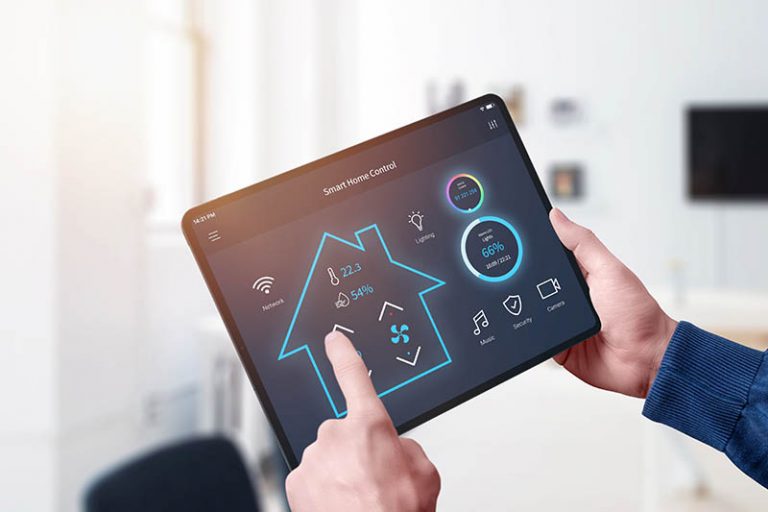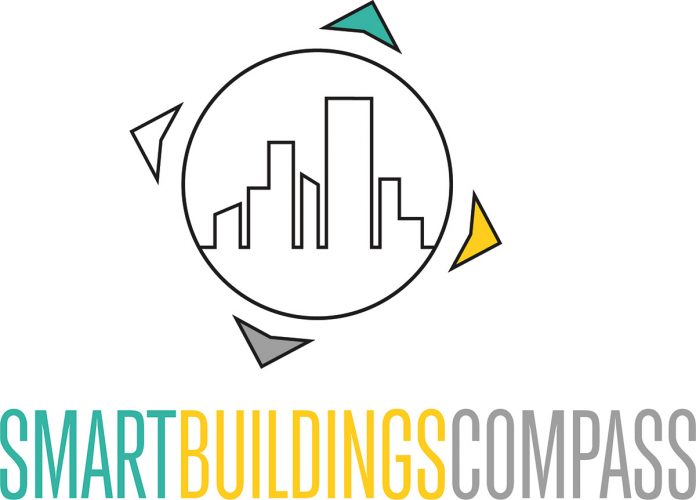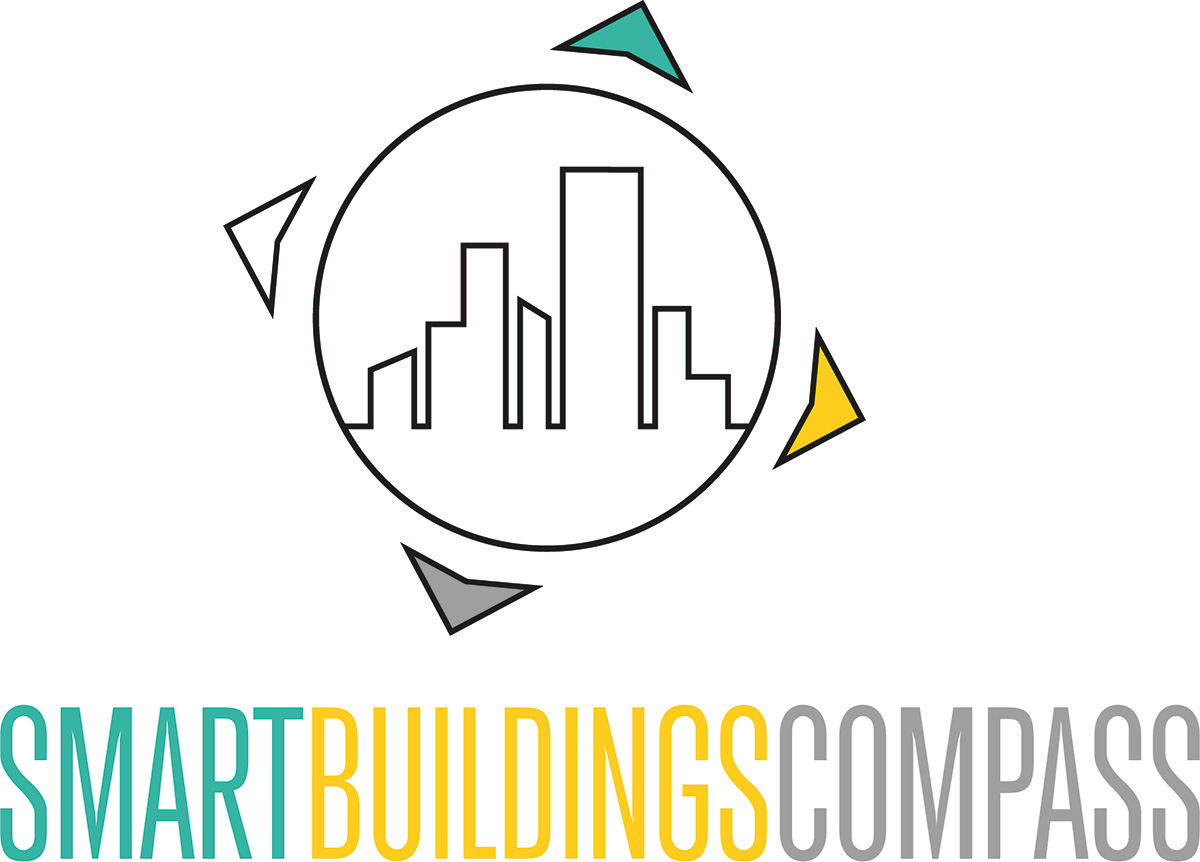Technical jobs are exciting and challenging
The challenges of the future will be solved with the help of technology: These systems ensure that we live safely and comfortably in buildings – and that our consumption of resources is reduced.
This is essential if we want to achieve our climate targets: Buildings are responsible for almost 40 percent of global CO2 emissions worldwide. This means that if we want to reduce our carbon footprint, we have to address our buildings.
And that’s what makes technology jobs so innovative and exciting: as a result, we – as end consumers, but also through our work – become an essential part of the energy transition and climate protection.

Jobs with a bright future
Smart building technologies require skilled workers from a wide range of fields, for example IT, electricians, architects and construction experts, water & heating systems engineers, lighting experts and furniture makers, etc. These sectors host exciting jobs with a bright future, especially in the STEM subjects: Science, Technology, Engineering and Mathematics.
All job levels are in demand, from apprentices to skilled workers to academics: While our lives are already shaped by technological innovations, there are not enough graduates. There is a shortage of qualified staff and young talents, which is partly due to the fact that apprenticeship jobs have been unfairly given a deficit agenda for years. Even though this is easily disprovable, e.g. in electrical engineering: Electricity is the basis of digitization, electricians and electrical engineers are experts in great demand on the market!
Due to the shortage of well-qualified employees, a “battle” for talents has begun: Our economic growth in Central Europe is already reaching its personnel limits. The qualification of the statt will be the decisive factor in whether we can manage the challenges of the future.
In view of the shortage of skilled workers, education and further training in these subjects offers a promising future. And this also applies to those who are already on the job: One single education will not be enough in a lifetime, because we are living in the midst of an exciting phase of digital and technological change. It is essential to keep pace with technological development.

Women and technology
For women, digitization and technological development represent a great opportunity. Because just like decades ago, they are still mainly active in five jobs: Cleaning, health, office jobs, sales and education. These are low-paid jobs compared to STEM jobs – the so-called gender pay gap can be explained by this, among other reasons.
In recent decades, a lot of money has been invested in solving this challenge – with little success. Yet jobs in technology are much better paid and for women it would mean financial independence from the state and family. The challenge is to awaken enthusiasm for technology in young girls and encourage them to follow this path.
Unfortunately, self-confidence is often lacking, as stereotypes, i.e. gender-specific fixations, are already passed on in childhood.
However, a rethink is also necessary in the industries: It is important to address and invite target groups other than those to which they are accustomed, and to give girls and women a chance. Only through this opening will it be possible to counteract the shortage of skilled workers that has already arrived in many sectors.
We want to dedicate ourselves to this important topic in order to ensure the next generation in technology for decades to come. And encourage women to move forward in these jobs of the future.
Do you have questions about a topic and feedback on our reports? Then get in touch with us – contact details can be found here.
Sincerely, Mag. (FH) Anja Herberth
Editor
Our other topics

Comfort & Security
Today, we can design our lives in a way that allows us to live in our homes for as long as possible. For example with the help of barrier-free concepts, controlling the environment or with alarm functions that support us when we need help.

Housing in Transition
The buildings of the future are smart, digitally connected and reduce our consumption of resources. These systems focus on people: They support our lives, our daily routine. Many solutions are already possible, but not everything makes sense.

Smart regions
Smart City' - this describes the quest to make our cities even more livable. In a smartly organized city, technology should help us make life in cities more efficient, environmentally sustainable, inclusive and democratic.






